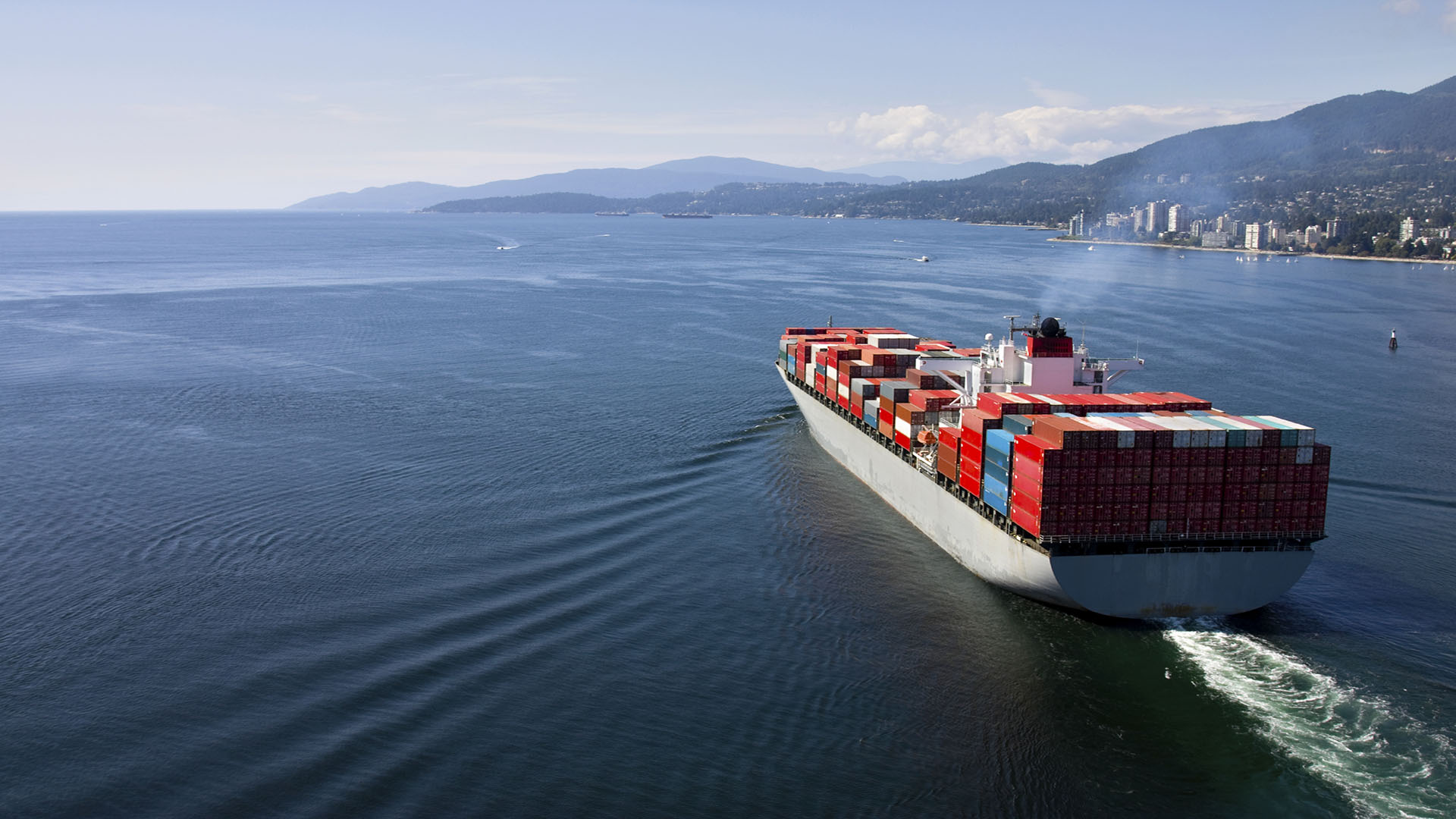
Dangers of carrying Nickel Ore from Indonesia and the Philippines – Mandatory Notification Requirements
This circular should be read in conjunction with the previous circular 2520/2011, dated 28 January 2011 relating to the safe carriage of nickel ore cargoes and nothing in this circular supersedes the previous advice. The liquefaction of such cargoes has resulted in the sinking of a number of ships with a loss of many lives in the last 18 months. Nickel ore is a cargo which may liquefy if the moisture content of the material exceeds its Transportable Moisture Limit (TML). Cargo liquefaction may lead to a loss of stability, to the extent that the ship may capsize.
Due to the numerous dangers and difficulties associated with this particular cargo, the International Group is actively involved with other industry bodies in discussions currently taking place within the International Maritime Organisation (IMO) to determine if and how the International Maritime Solid Bulk Cargoes (IMSBC) Code can be amended to improve the safe carriage of nickel ore cargoes. Representatives from the International Group also recently met with the Indonesian Administration in Jakarta, as part of an industry delegation, to discuss industry concerns with regard to the safe carriage of such cargoes from Indonesia. The issues discussed included the duty of a competent authority to oversee compliance by shippers of their obligations under the Code in respect of reliable testing and accurate certification of the cargo to be shipped. In the absence of an early resolution to these discussions and the ongoing risks to safety, Members considering the carriage of nickel ore from ports in Indonesia and the Philippines should note the recommendations contained in this circular.
Mandatory Notification Requirement
Whilst it remains the Members’ responsibility to ensure full compliance with the IMSBC Code and to take any measures necessary to ensure the safe carriage of nickel ore cargoes from ports in Indonesia and the Philippines, Members who plan to fix or charter a ship to load nickel ore from ports in Indonesia and the Philippines, or where under an existing fixture a ship is ordered to load such cargo, must contact the Club at the earliest opportunity and, where possible, provide the following information:
- Ship name
- Port/anchorage of loading and estimated time of arrival
- Date of intended loading
- Charterer/shipper’s details
- Agent’s details
- Copy of the shipper’s cargo declaration and supporting certificates
This will enable the Club to provide Members with relevant information on measures that might be taken to reduce the risk, as set out in the previous circular, such as the appointment of a local surveyor to assist the Master, and the appointment of an expert, not necessarily to attend in person, but to liaise and supervise the local surveyor throughout. These measures may reduce the risks inherent in the carriage of nickel ore cargoes but are not a guarantee of safety.
If the Master is in any doubt whatsoever as regards the suitability and safety of the cargo then loading should be stopped. The Member should contact the Club immediately. Problems are likely to arise if the loading of unsafe cargo is permitted. It may, for example, be difficult to discharge the cargo due to the lack of facilities in the loading port or complications arising from local customs regulations.
As experience is gained as a result of these mandatory declarations, the Club aim to be in a better position to identify those areas, ports and shippers which present particular difficulties, including inaccurate cargo declarations.
Possible Prejudice to Club Cover
Members should be aware that they may be prejudicing Club cover if they fail to notify the Club that they plan to fix or charter a ship, or that a ship has been ordered, to load nickel ore from a port in Indonesia or the Philippines.
Conclusion
The objective of this notification procedure is to try and ensure Members engaged in or contemplating the carriage of nickel ore are made aware of the dangers, the IMSBC Code requirements, Club cover implications and also provided with information on measures available to mitigate these risks, even if they cannot be entirely excluded.
All Clubs in the International Group have issued similar circulars.
For more information, please see the detailed bulletin “Carriage of nickel ore and iron ore“ issued 1 June 2012.